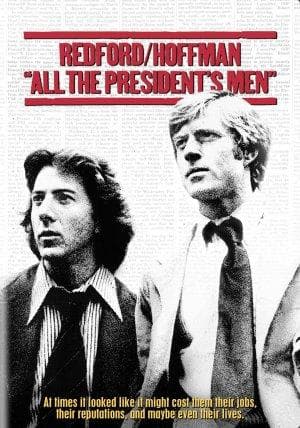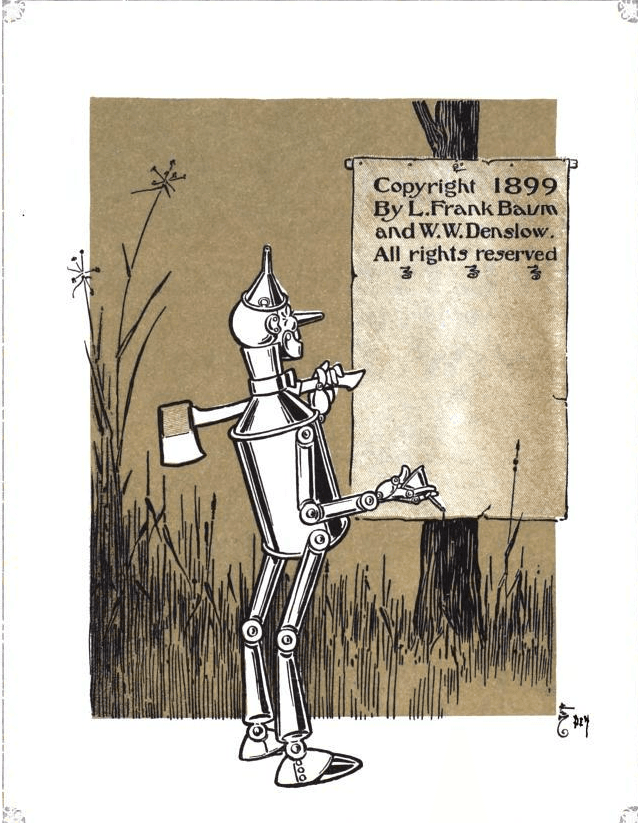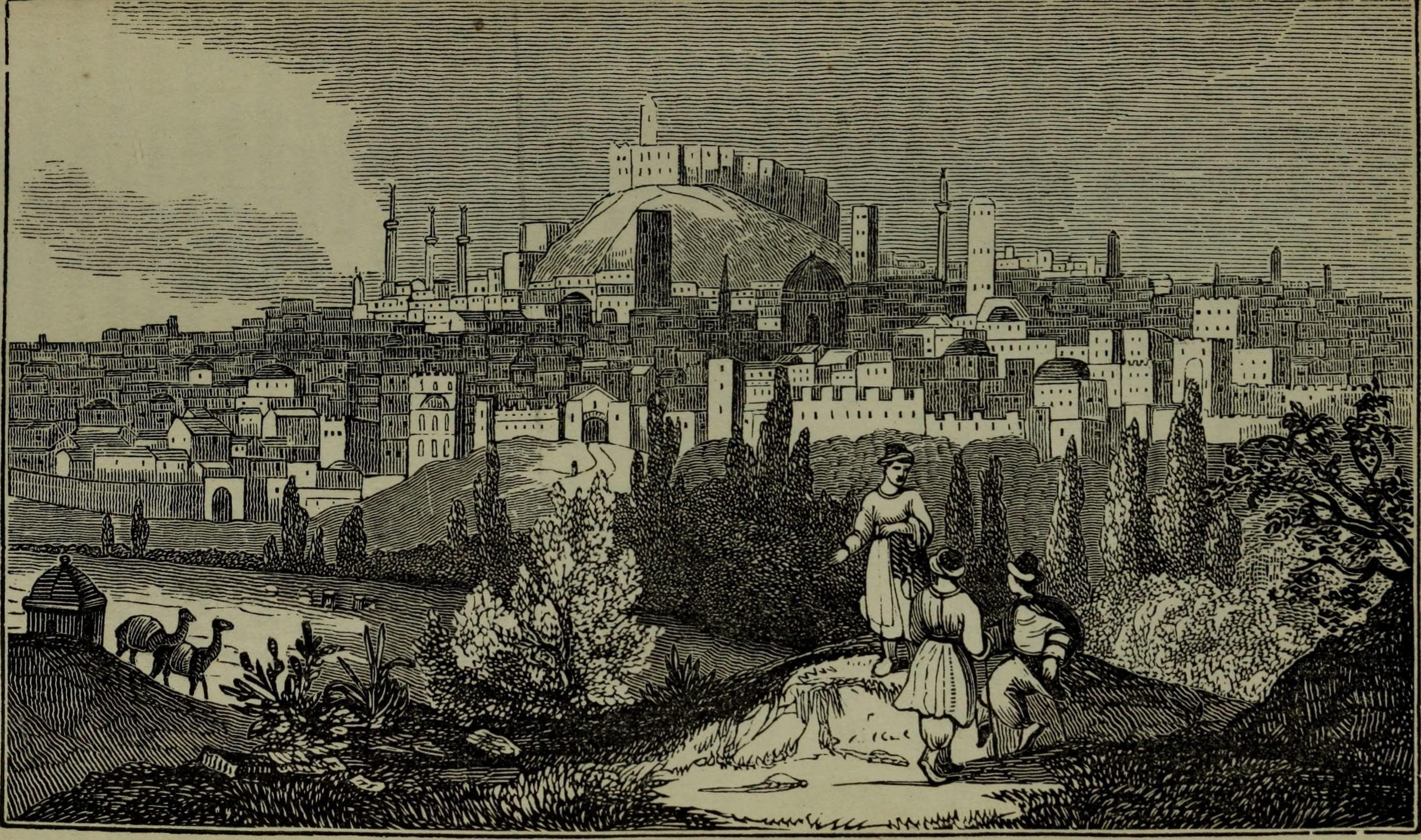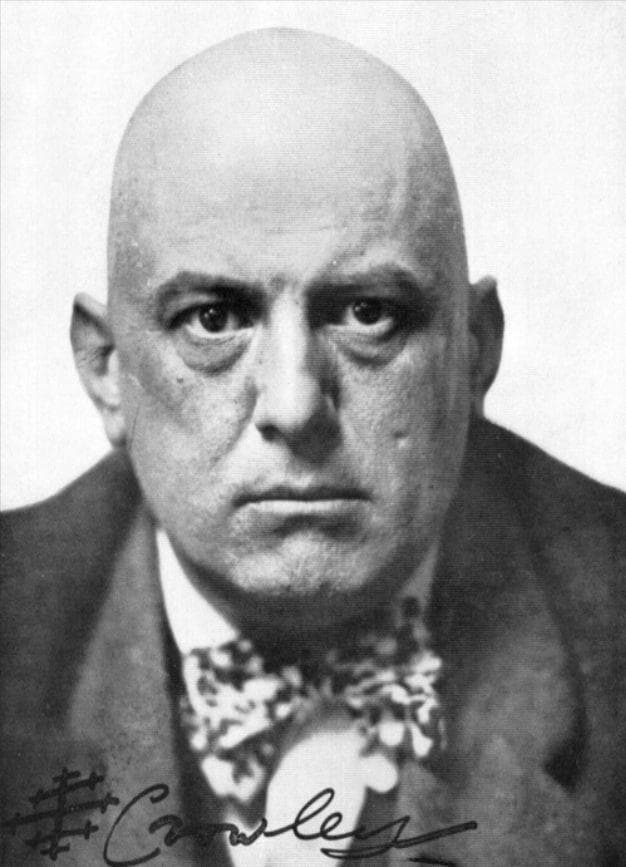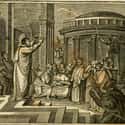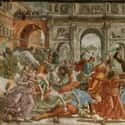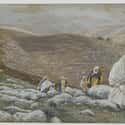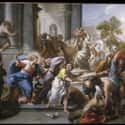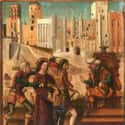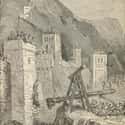-
(#13) Jesus Threatened To Undermine The Authority And Station Of The Pharisees
The important takeaway here is that the Pharisees were supposed to be the "stay strong and keep the traditions" conservatives of the time. They were the counterpoint to those urging more cooperation and assimilation with the Romans. So, when a holy man rolled up saying that the Pharisees were full of it and don't really care about the Law, well, that sort of undermines their whole shtick. This is why they ultimately decided to have Jesus killed; nobody was allowed to be holier than them. Thou? No, no, them.
Oral law was an important part of the Rabbinic tradition at this point in time, and it is the content of the oral law that Jesus was adept at attacking. Oral law basically can be thought of like dogma, or the application of the law to specific circumstances.
Imagine a Catholic running around today arguing (on a very high level) with priests and undermining long established dogmatic practice. Further, Jesus also attacks the Pharisees as hypocrites. He basically said that they were creating these dogmas that they themselves could not obey, but then expecting others to obey it and condemning them when they did not.
-
(#9) Israel Was Still Reeling From The Rule Of Herod The Great
This was the dude who decided to murder all first-born infants in Bethlehem because of the prophecy that predicted Jesus, and murdering babies to try and prevent the coming of the Messiah wasn't the only thing on this guy's rap sheet. Herod was astonishingly cruel and sadistic. He instructed his subjects to murder a whole buttload of Jews upon his death so that if people weren't mourning him, at least they would still be in mourning. Yikes. Thankfully, no one took him up on that order upon his death in 4 A.D.
Herod gained power by cooperating with Roman authorities, and the kingdom he nominally ruled over included Judea, Galilee, Parea, Samaria, Idumea, and the surrounding areas. Herod and Caesar Augustus were buds, and Herod used his rule to begin some ambitious building campaigns. Upon his death, his kingdom was split up by the Romans and given over to his three sons, one of whom, Herod Antipas. became the ruler of Galilee. As a Galilean, Jesus was under Antipas' direct rule.
-
(#7) A Ton Of People Were Visiting The City For Passover
It is important to note that many people visited Jerusalem for the Passover festival. Many as in millions, which is insanely impressive for ancient times. With all these people staying with relatives or just camping out, the city's population spilled out into the surrounding countryside.
Not only were the logistics of maintaining civil order in such a scenario staggering, if you wanted to start a revolt this was the time and place to do it. No doubt, the Romans were keenly aware of this situation, shown by the extra military presence in the city at the time.
-
(#12) Money, Politics, And Religion Were Intricately Tied Together
The story of Jesus driving the money changers from the Temple is notable in several respects. First of all, it is the only time in the Gospels that Jesus gets really pissed off. It is also the point where the high priests decide to find a way to kill Jesus. Certainly, a dude running into a public place and whipping a bunch of people would be ample reason for arrest in the ancient world. According to the Gospel, the crowd was too impressed by the balls on this guy to let that happen, so the arrest would have to come later when the masses weren't there to protect Jesus.
This Gospel is a direct allegory for the mixture of money, politics, and religion. This is the crux of what Jesus was going on about, and it is this message that ultimately got him crucified. Jesus lived in a world where money and politics were intimately intermingled with religion. Just about everyone seemed to have an ulterior motive. From this perspective, all the political power players of the time could be seen as false prophets and holy rollers leading the common people down the primrose path to fund their opulent lifestyles.
-
(#10) King Herod Antipas Was Playing Both Sides
Taking a page from his father's playbook, Herod Antipas worked to curry favor with both the Romans and the Jews. Well, that is, he attempted to curry favor with the Jewish upper crust. The common Jewish folk he managed to piss off pretty bad.
Herod Antipas is the guy who killed John the Baptist. It turns out that the reason he wanted ol' John's head on a platter is because John criticized him for marrying his half-brother's ex-wife. Well, the Jewish people kind of liked John the Baptist, so the whole ordeal really turned them off to Herod Antipas.
Likewise, Jesus was no fan of Herod Antipas, referring to him as "that fox." Antipas was no doubt eager to dispose of Jesus (who posed a threat to his authority) when Jesus was sent before him by Pontius Pilate. At the same time, though, he didn't want to repeat his mistakes by being the one to condemn a big crowd pleaser to death.
-
(#8) In 63 BC, Rome Was (Sort Of) Invited In
The Roman dominance over Israel actually started with a fight over succession rights between the two sons of Hasmonian ruler Alexandra. Both of them appealed to Rome for assistance since, well, Rome was the big power player in the area. Rome obliged them, with General Pompey invading Jerusalem and profaning the temple. That probably wasn't what they had in mind, but c'est la vie. First born son Aristobulus II unsuccessfully tried to resist the invasion, which landed Hyrcanus II the job of high priest.
After another internicine struggle, Herod the Great ended up as the next high priest. Rome allowed him nominal rule as a client-king, but they also had a local Roman governor assigned to the area. Rome also ended the tradition of the high priesthood being determined by succession, replacing it with an appointee system. Naturally, these appointees had to be approved by Roman authorities.
New Random Displays Display All By Ranking
About This Tool
Why can Jerusalem has such a large influence has always been a topic discussed by historians and political scientists? These are closely related to the complex background and long history of political conflict in this region. The conflict faced by Jerusalem goes far beyond what we know about the history of different political entities and nationalities and religious traditions. According to historical records, Jesus was taken to Jerusalem shortly after his birth.
Jesus also spent the last week of his life in Jerusalem and cleansed the temple before his crucifixion. He praised Jerusalem as the "holy city", but predicted that it would face destruction and be trampled by the Gentiles. The random tool described 13 things of the political situation in Jerusalem when Jesus arrived.
Our data comes from Ranker, If you want to participate in the ranking of items displayed on this page, please click here.



